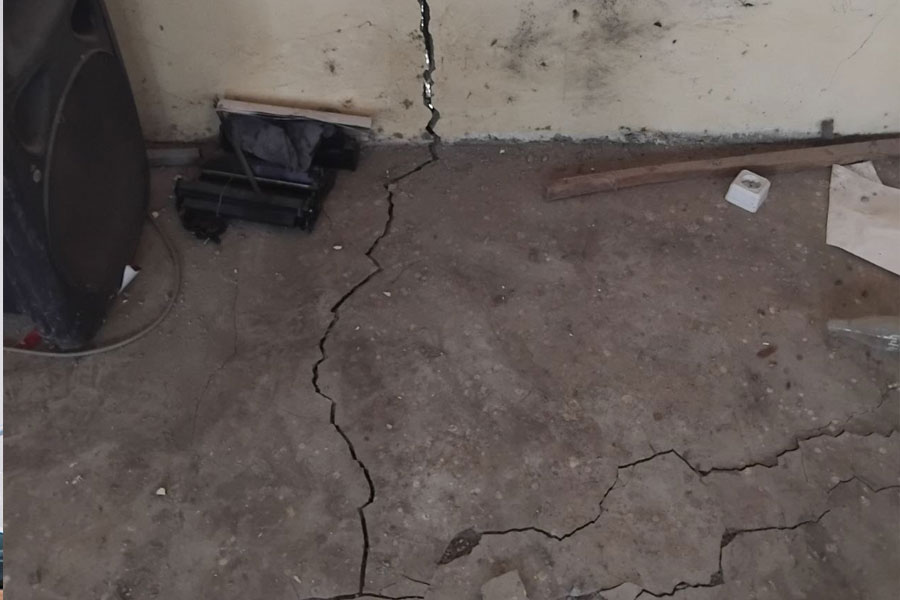
Agenda | Nov 03,2024
Oct 17 , 2020
By MEBA FIKADU
The Ethiopian Construction Design & Supervision Works Corporation has secured a deal to supervise the construction of two groundwater dam projects in two regional states at a total cost of 18 million Br. The two projects are located in the Borena and Shinelle zones of Oromia and Somali regional states, respectively.
The Irrigation Development Commission (IDC) awarded the deal to the Corporation after it out-competed six state companies invited by the Commission to take part in the process. The Amhara, Oromia, Tigrai, Somali, Afar and South Design & Supervision Works Enterprises were the other contenders.
The groundwater dam projects in Shinelle is expected to irrigate 20,000ha of land, while 10,000ha will be provided for by the Borena groundwater dam project. With half a hectare going toward a single farmer, the project is estimated to benefit 40,000 families in Borena and 20,000 families in Shinelle Zone.
On the Shinelle Groundwater Dam Development Project, the Corporation has been contracted to carry out the study and detail design, revision and rehabilitation of the project in conformity with international standards. The tasks include reviewing and updating previous information data and design work, conducting a topographic survey for the wells command area, carrying out drill and pump test supervision, and tender document preparation.
The latter will incorporate preparation for specifications, a bill of quantities for design elements, and itemized costs for construction materials, parts and labour. Accessing an alternative energy source suitable for the existing pumps, technical specifications, and preparing operation and maintenance manuals are also part of the project.
On the Borena Groundwater Dam Development Project, the Corporation will carry out detailed design work and cost estimates for the primary construction in addition to those involved with the infrastructure of farms. It will also be responsible for the revision of a hydro-geological study conducted previously in relation to the project area.
The groundwater dam projects are expected to be finalised by next year November, according to Bizuneh Tolcha, communications manager at the Commission.
The Corporation will also undertake a field-level investigation for the detailed study and design. This will include surveying, a soil investigation, as well as studies on land suitability, irrigation agronomy, livestock and fisheries, and hydrology. A watershed management study, several environmental studies, engineering geology and engineering design for headwork structure, irrigation and infrastructure design, as well as financial and economic analysis, organisational set-up, and a physical and financial plan for project implementation are required.
“We're currently at the investigation stage, which is surveying work,” said Birhan Demisse, planning and system sub-process manager at the Corporation.
Surveying will identify the total area of the existing command, as well as new proposed areas based on topographical distribution.
During the previous fiscal year, the Commission allocated 14.3 billion Br for irrigation dam construction across the country. For the current fiscal year, the Commission has allocated 14.7 billion Br to construct 14 irrigation dams. It currently has close to two dozen projects lined up in study, design and review jobs. Fourteen medium and big development projects are ready for construction, and nine projects are under construction in the new budget year.
Ethiopia has 12 river basins with an annual runoff volume of 122 billion square metres of water and an estimated 2.6 billion square metres of groundwater potential. Yet the total irrigated area is less than eight percent of the 15 million hectares of cultivated land and only about 20pc of the estimated 5.8 million to 7.5 million hectares of irrigable land.
Project designs are adequate in setting the standards between employer and contractor most of the time, according to Jemal Nassir, a resident engineer with more than a decade of experience on water projects.
"Problems arise at finding the right instruments during the designing process and getting relevant data," he said.
When the government needs the project done urgently, the design and supervision companies may fail to meet standards in their rush to deliver, according to Jemal.
"As a result, contractors will probably have to review the projects again," he said.
PUBLISHED ON
Oct 17,2020 [ VOL
21 , NO
1068]

Agenda | Nov 03,2024
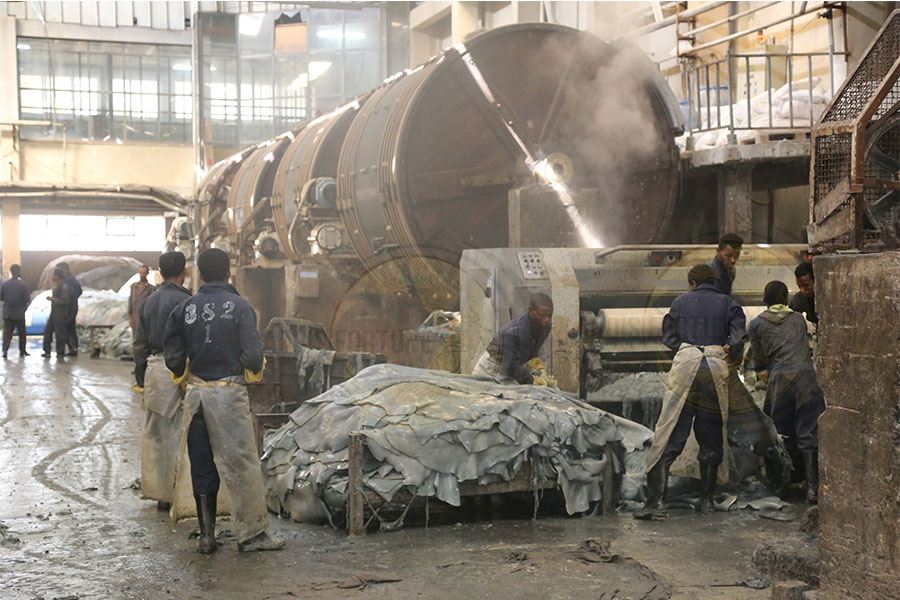
Featured | Jun 08,2019

Radar | Jun 01,2019
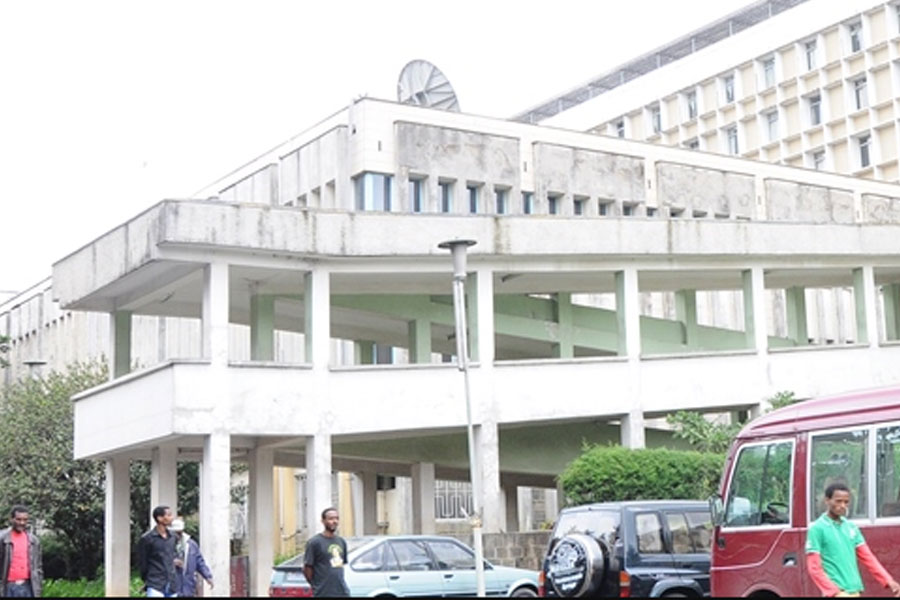
Fortune News | Mar 16,2019

Radar | Oct 14,2023
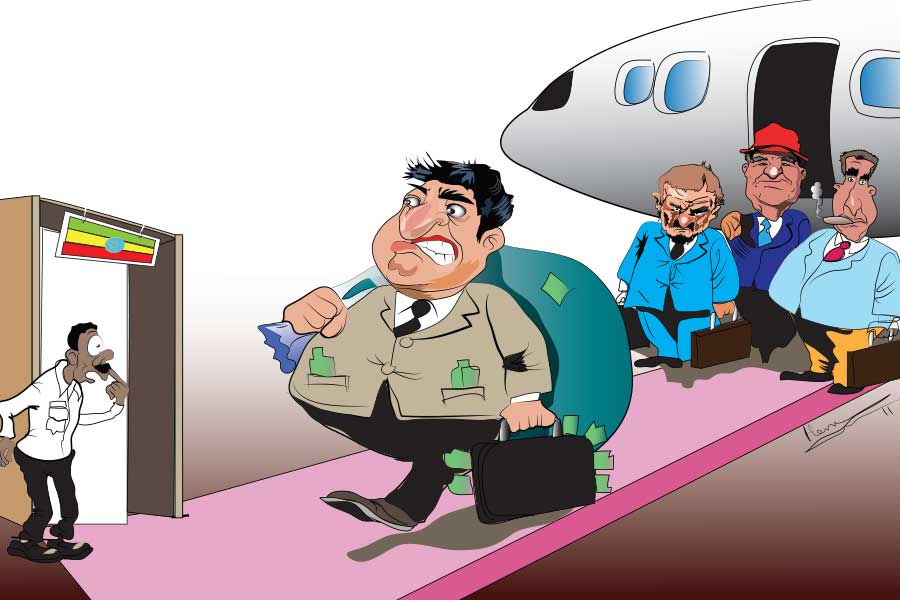
Agenda | Jul 27,2019
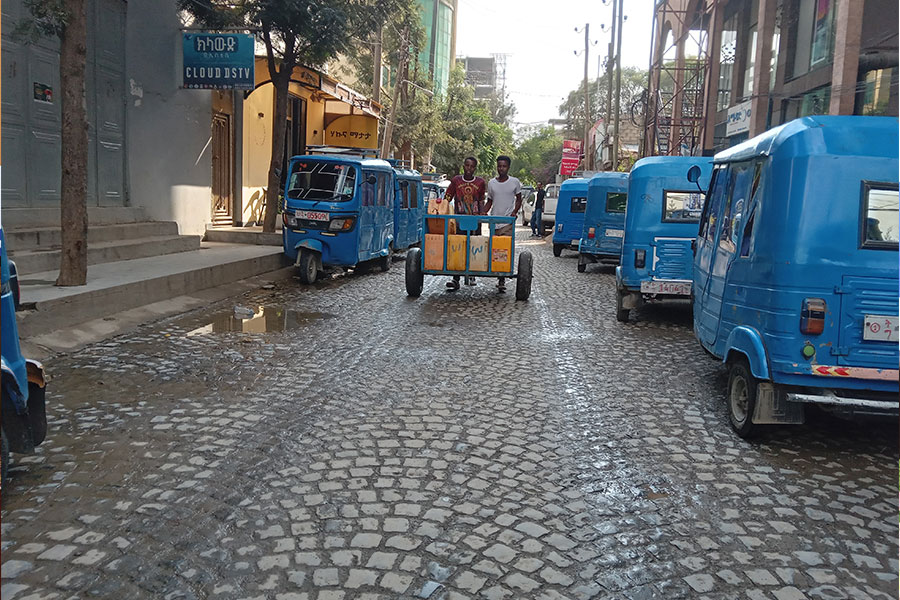
In-Picture | Oct 18,2025
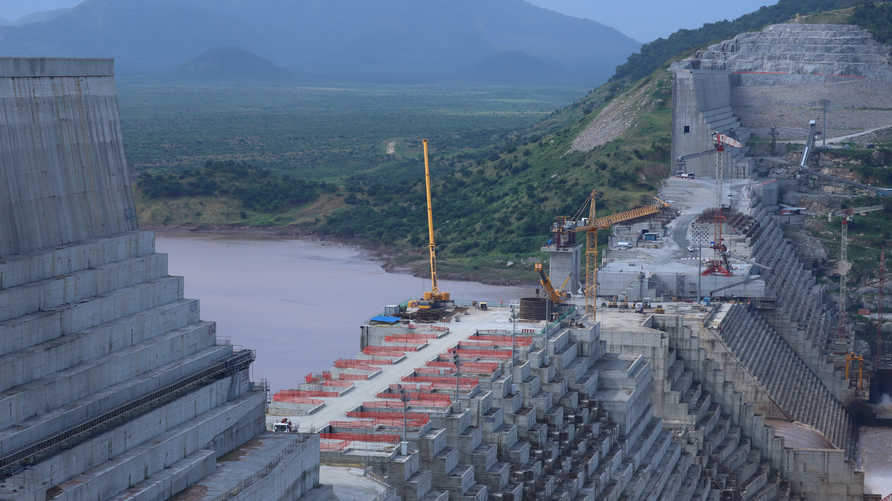
Fortune News | Feb 29,2020
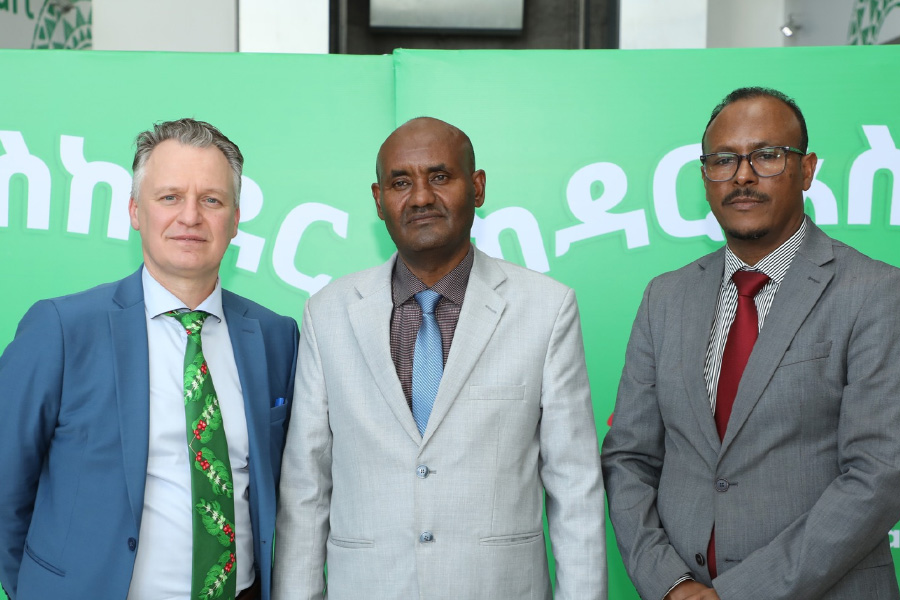
Radar | Nov 24,2024
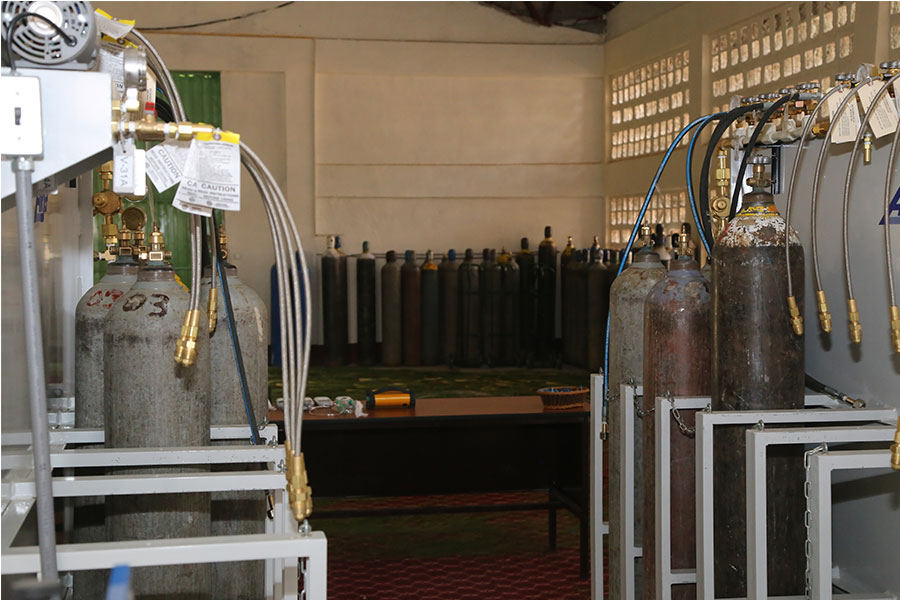
Fortune News | Apr 06,2019

Dec 22 , 2024 . By TIZITA SHEWAFERAW
Charged with transforming colossal state-owned enterprises into modern and competitiv...

Aug 18 , 2024 . By AKSAH ITALO
Although predictable Yonas Zerihun's job in the ride-hailing service is not immune to...

Jul 28 , 2024 . By TIZITA SHEWAFERAW
Unhabitual, perhaps too many, Samuel Gebreyohannes, 38, used to occasionally enjoy a couple of beers at breakfast. However, he recently swit...

Jul 13 , 2024 . By AKSAH ITALO
Investors who rely on tractors, trucks, and field vehicles for commuting, transporting commodities, and f...

Oct 18 , 2025
The political establishment, notably the ruling party and its top brass, has become p...

Oct 11 , 2025
Ladislas Farago, a roving Associated Press (AP) correspondent, arrived in Ethiopia in...

Oct 4 , 2025
Eyob Tekalegn (PhD) had been in the Governor's chair for only weeks when, on Septembe...

Sep 27 , 2025
Four years into an experiment with “shock therapy” in education, the national moo...